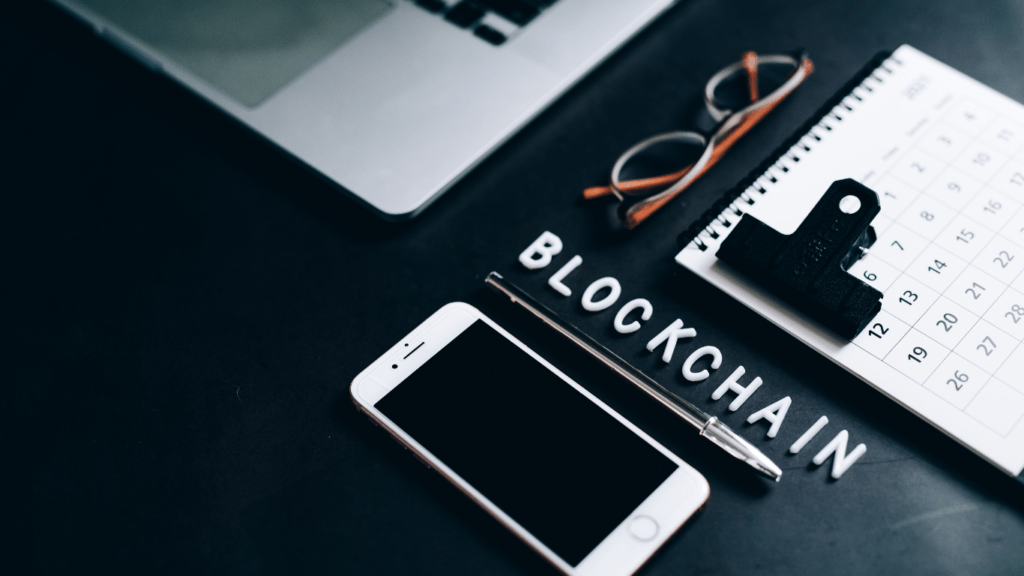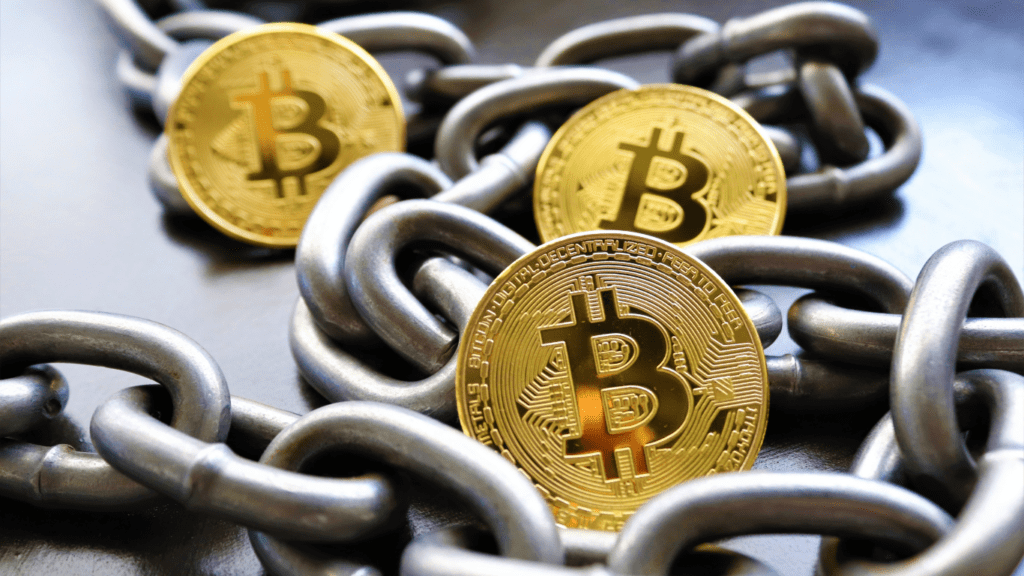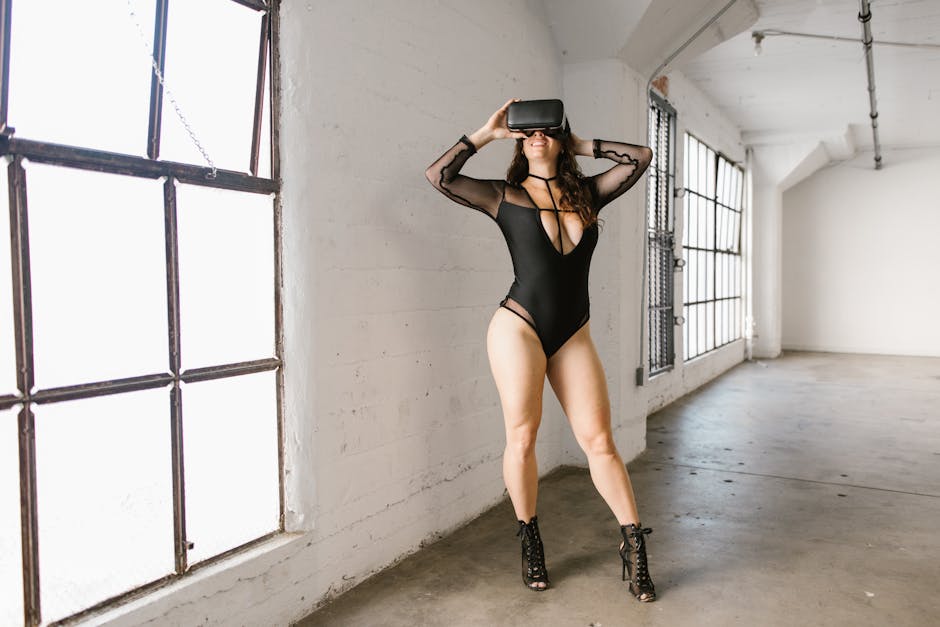As a seasoned blogger in the tech and gaming industry, I’ve witnessed firsthand the transformative power of blockchain technology. In the realm of game development and player ownership, blockchain is revolutionizing the way we perceive virtual assets and in-game economies.
With blockchain’s decentralized and transparent nature, players now have unprecedented control over their digital belongings, paving the way for true ownership in the gaming world. In this article, I’ll delve into the profound impact of blockchain on game development and how it’s reshaping the dynamics between developers, players, and virtual assets.
From enabling secure and verifiable transactions to fostering a sense of trust and autonomy, blockchain is redefining the rules of the game. Join me as we explore the exciting intersection of blockchain technology and the gaming industry, where innovation knows no bounds.
Understanding Blockchain Technology
Blockchain technology, a secure and transparent decentralized system, enables the creation of non-fungible tokens (NFTs) in gaming, granting players true ownership of in-game items. Its transparency eliminates fraud risk, while its decentralized nature allows direct peer-to-peer transactions, removing intermediaries in virtual economies.
Smart contracts play a pivotal role in automating in-game transactions, ensuring secure and instant exchanges. By leveraging blockchain, developers can incentivize player engagement, offering new opportunities for players to monetize their skills and assets within the game ecosystem, fundamentally reshaping the gaming industry.
Current Challenges in Game Development
In analyzing the landscape of game development within the context of blockchain technology, there are specific challenges that industry stakeholders must confront. Below are key areas where the integration of blockchain poses obstacles and necessitates innovative solutions:
Centralized Game Economies
In traditional game development, centralized economies are prevalent, granting game developers full control over in-game assets and economies. This centralized approach limits player agency and ownership, as all transactions and asset valuations are governed by the developers.
Players often encounter restrictions when attempting to trade or monetize their in-game items outside the boundaries set by the game’s creators. This lack of autonomy diminishes the overall player experience and hampers opportunities for players to truly own and control their virtual possessions.
Lack of Player Ownership
A significant challenge in conventional game development lies in the lack of player ownership over in-game assets. Without blockchain technology, players are merely granted licensing rights to use virtual items within the game environment, with no real ownership or control.
This restriction impedes players from freely exchanging, selling, or transferring their assets across different games or platforms. The absence of genuine ownership diminishes the value of virtual assets and inhibits the establishment of robust player-driven economies within games.
Moreover, the lack of player ownership contributes to trust issues between developers and players, as the proprietary nature of in-game assets limits transparency and hinders fair asset distribution. These challenges underscore the critical need for innovative solutions that leverage blockchain technology to redefine the dynamics of game development and enhance player experiences within virtual worlds.
Introduction of Blockchain in Game Development
Blockchain technology has revolutionized the gaming industry, particularly in game development and player ownership. Its decentralized and transparent nature has altered the way virtual assets and in-game economies are perceived.
Players now enjoy increased control and genuine ownership over their digital possessions.
Decentralized In-Game Economies
In-game economies empowered by blockchain are decentralized, allowing players to own and trade virtual assets securely without the need for intermediaries. This shift eliminates centralized control by game developers, enabling players to freely buy, sell, and monetize their in-game items peer-to-peer.
Enhancing Player Ownership with Blockchain
Exploring player ownership in gaming through blockchain introduces a transformative shift in how digital assets are controlled. Blockchain’s decentralized nature and the rise of non-fungible tokens (NFTs) enable players to have true ownership of their in-game assets, offering transparency, security, and the elimination of fraud in virtual economies.
The integration of blockchain technology into gaming ecosystems fosters a peer-to-peer economy, removing intermediaries and streamlining transactions through smart contracts. This shift allows players to freely trade, monetize, and engage with virtual assets across platforms, reshaping the dynamics of game development by aligning player incentives with in-game contributions.
Future Trends and Opportunities
Looking ahead, blockchain technology is poised to revolutionize game development and player ownership even further, opening up a realm of exciting trends and opportunities. As an industry expert, I foresee several key developments that will reshape the gaming landscape:
- Metaverse Integration: The integration of blockchain in creating metaverse environments will enable seamless cross-game asset interoperability. Players will have the freedom to use and trade their virtual items across multiple games, enhancing the overall gaming experience and fostering a dynamic in-game economy.
- Scalable Gaming Platforms: Blockchain scalability solutions such as layer 2 protocols are set to address current challenges of slow transaction speeds and high fees. This advancement will pave the way for large-scale decentralized gaming platforms that can support a vast number of players engaging in real-time gameplay without bottlenecks.
- Governance and Voting Mechanisms: Decentralized autonomous organizations (DAOs) will play a pivotal role in empowering players to participate in game development decisions. Through blockchain-based governance models and voting mechanisms, players can have a direct impact on the evolution of games, promoting community engagement and player-driven content creation.
- Augmented Reality Integration: The combination of blockchain technology and augmented reality (AR) will create immersive gaming experiences where physical and digital worlds merge seamlessly. Players can own and interact with AR assets securely using blockchain, blurring the lines between reality and virtuality in gaming environments.
- NFT Expansion and Utility: Non-fungible tokens (NFTs) will continue to expand beyond collectibles to encompass in-game utilities and functionalities. Players can acquire NFTs representing unique in-game abilities, skins, or even virtual real estate, adding layers of customization and value to their gaming experiences.
- Blockchain-Based Competitive Gaming: The rise of blockchain-powered competitive gaming leagues and tournaments will introduce transparent and verifiable systems for player rankings, rewards distribution, and fair play. Smart contracts will ensure the integrity of competitions, enhancing trust among players and fostering a competitive yet secure gaming environment.
- Emergence of Play-to-Earn Models: Play-to-earn gaming models will gain prominence, allowing players to monetize their skills and time investment in games. Blockchain enables direct monetization of in-game achievements, enabling players to earn real value through gameplay, changing the traditional player-game relationship dynamics.
Embracing these future trends and opportunities in blockchain integration within game development will elevate player ownership, engagement, and innovation in ways never seen before. The evolving landscape holds vast potential for reshaping the gaming industry and empowering players with true ownership and enhanced gaming experiences.




